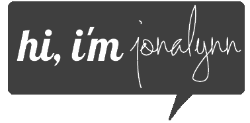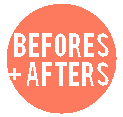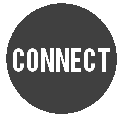Students at Harrisburg University of Science and Technology in Pennsylvania will have to do just that per a campus social media ban. Twitter, Facebook, instant messaging and any other online communication (minus e-mail) is forbidden. Students will write essays and take a survey about their experience at the end of the week and participate in a panel discussion next Wednesday.
Think of the experiment as more of a brownout, though. Students still can access social media off campus and on their phones on campus. If they do use social media outside the experiment parameters, they will have to explain why in the feedback portion.
Think of the experiment as more of a brownout, though. Students still can access social media off campus and on their phones on campus. If they do use social media outside the experiment parameters, they will have to explain why in the feedback portion.
The ban will be enforced by blocking social sites and networks on the campus network, similar to what a lot of employers currently do in the workplace. According to MSNBC, only 20 percent of students live on campus at the primarily commuter institution, so it's a small sample size.
Still the experiment raises valid questions: Could we as a plugged-in society give up social media and other forms of technology for a week? A day? A few hours? Do we even want to go back to the pre-social media boom? Would we be a less-informed World? Would productivity increase? Granted this doesn't apply to those who don't use social media or still pick up the phone or write actual letters as forms of communication.
In an interview with MSNBC, Provost Eric Darr said the experiment "is not a criticism of social media, but about observing habits and behaviors in the way we use technology."
I admit it would be difficult to go cold turkey in my Facebook use because I enjoy seeing what my friends are up to. But the voyeur aspect is only part of it. It's a means to remain in contact with people you may have otherwise lost touch with if it weren't for online communication mediums.
In an interview with MSNBC, Provost Eric Darr said the experiment "is not a criticism of social media, but about observing habits and behaviors in the way we use technology."
I admit it would be difficult to go cold turkey in my Facebook use because I enjoy seeing what my friends are up to. But the voyeur aspect is only part of it. It's a means to remain in contact with people you may have otherwise lost touch with if it weren't for online communication mediums.
The results of the experiment should be interesting. Maybe even a motivating factor to unplug ... for a few hours.
























No comments:
Post a Comment